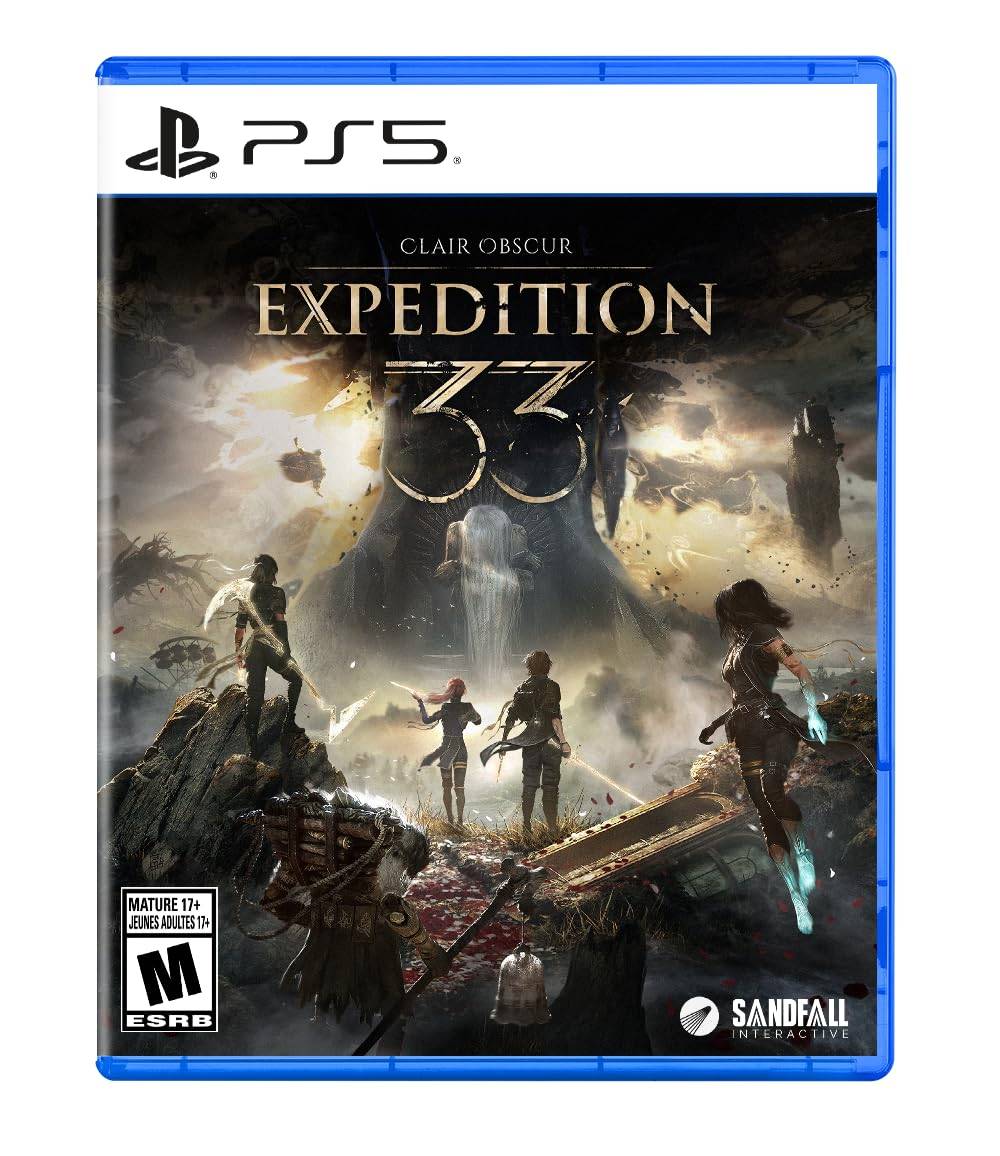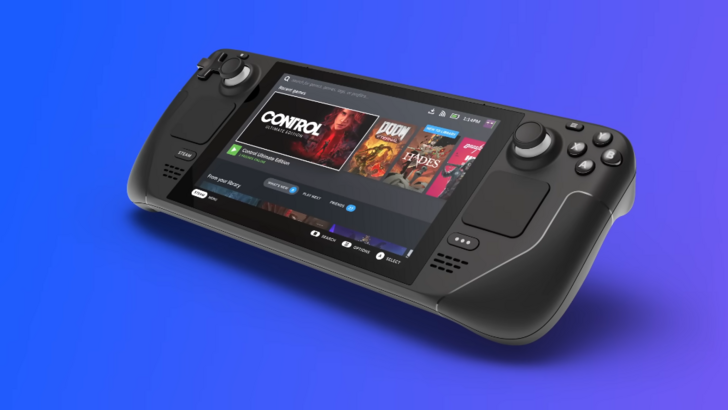
Valve Rejects Annual Steam Deck Upgrades, Prioritizes "Generational Leaps"
Unlike the yearly upgrade cycle prevalent in the smartphone market, Valve has confirmed that the Steam Deck will not receive annual releases. This decision, explained by Steam Deck designers Lawrence Yang and Yazan Aldehayyat, prioritizes substantial improvements over incremental updates.

Yang highlighted the unfairness of yearly releases offering only minor enhancements. The focus, instead, is on significant, "generational leap" upgrades, without compromising battery life. These upgrades will ensure future iterations are worthwhile investments.
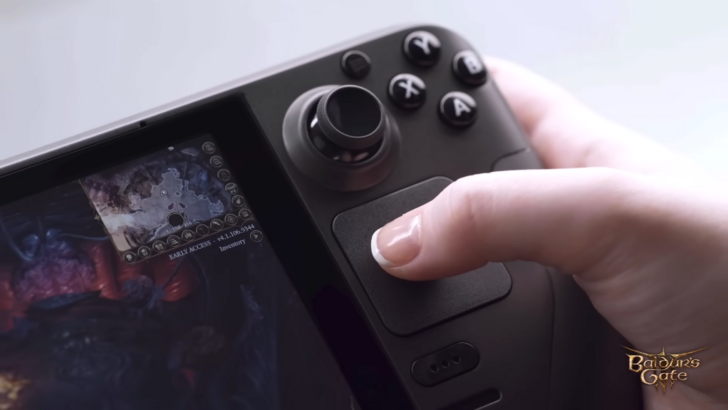
Aldehayyat emphasized Valve's commitment to addressing user needs, particularly in providing a seamless PC gaming experience outside of traditional desktop environments. While acknowledging room for improvement, they welcome competition, viewing it as beneficial for gamers. They specifically cited the Steam Deck's touchpads as a valuable feature lacking in competitors like the ROG Ally.
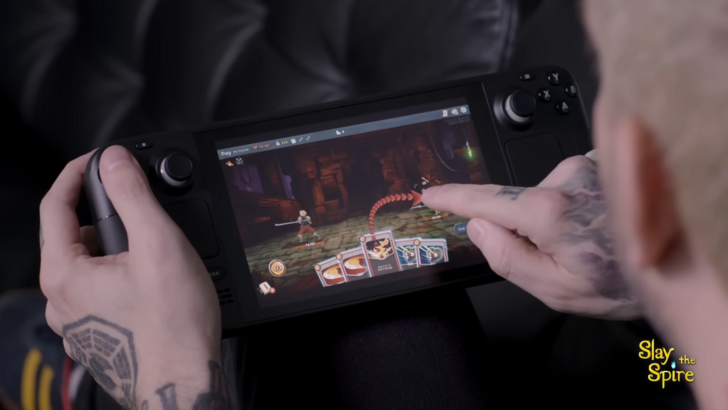
Regarding future improvements, Aldehayyat revealed that a variable refresh rate (VRR) was a highly desired feature absent from the OLED launch. Yang clarified that the OLED model was a refinement, not a second-generation device. Future models will explore battery life enhancements, acknowledging technological limitations.
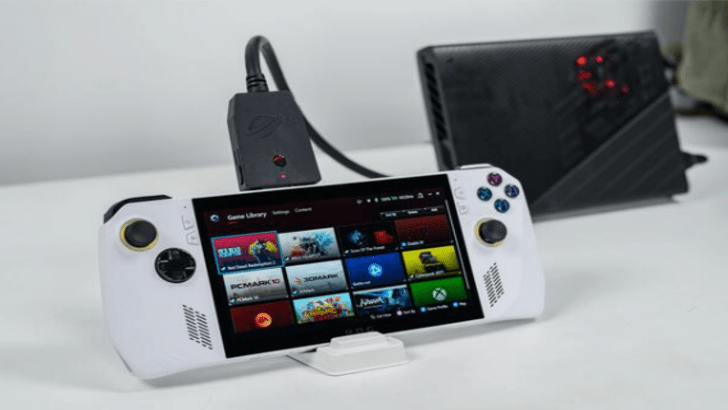
The lack of frequent hardware updates hasn't deterred Valve from the increasing competition. They view the market's growth positively, welcoming innovation and diverse design choices from competitors like Asus ROG Ally and Ayaneo. Their focus remains on enhancing the overall PC gaming experience outside of traditional settings.
Steam Deck's Australian Launch in November 2024
The global rollout of the Steam Deck, including its official launch in Australia in November 2024, has likely influenced Valve's approach. Yang attributed the delayed Australian launch to logistical complexities, including financial due diligence, warehousing, shipping, and returns processing. Aldehayyat clarified that despite meeting Australian certification requirements alongside other regions, the lack of established business infrastructure hindered timely official distribution.
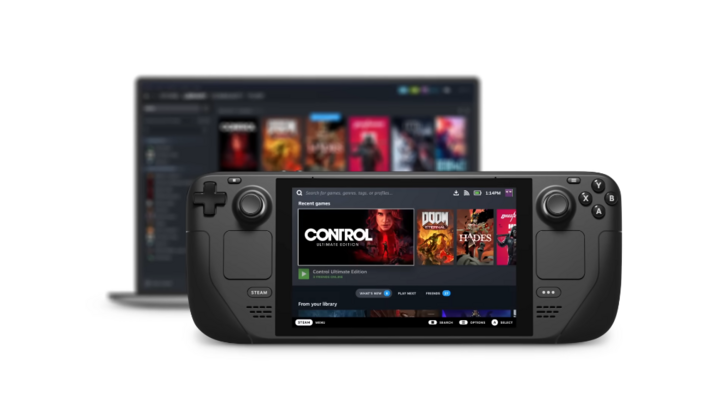
The Steam Deck remains unavailable in several countries, including Mexico, Brazil, and parts of Southeast Asia, although unofficial distribution exists. This highlights the challenges of global expansion and the importance of official support and distribution channels for users in these regions.















